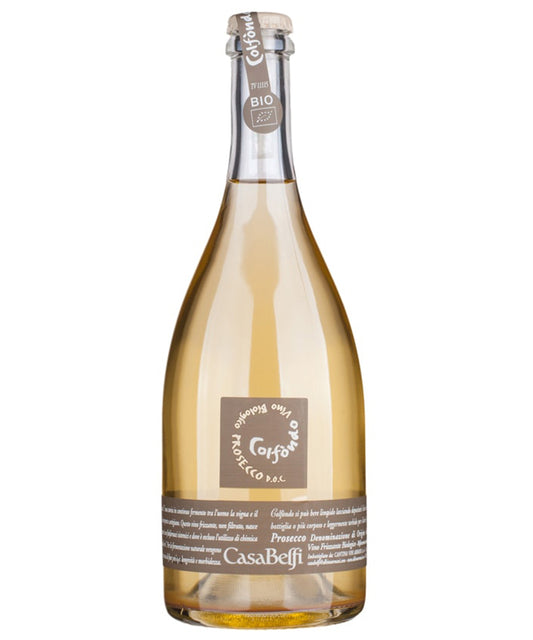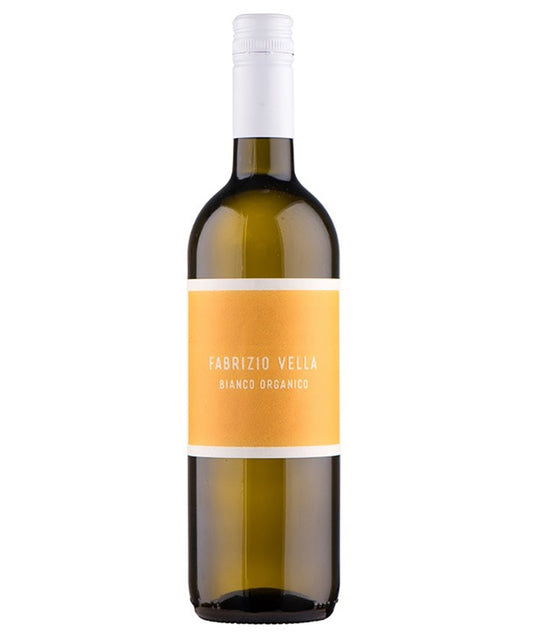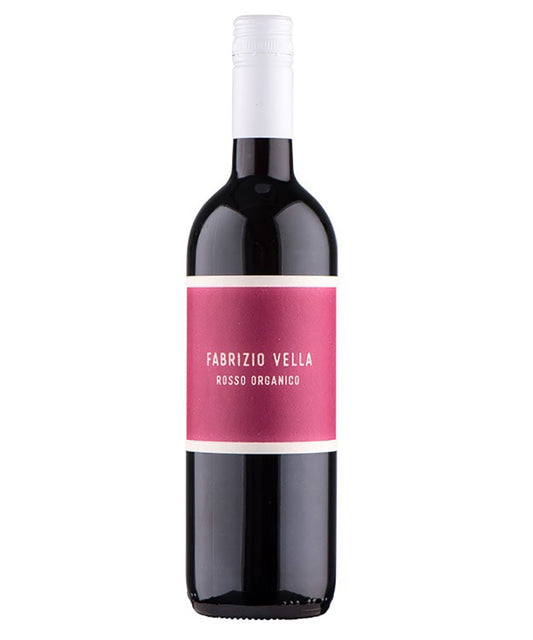Natural Wines
Natural wines come from a natural vinification that is intended as a winemaking process where human interventions (in terms both of additions and manipulations) are kept to a minimum level.
This particular approach can be seen at the same time as a consequence and as a logical requisite of both the organic and biodynamic viticulture.
From Les Caves de Pyrene Blog:
“Natural wines are a relatively recent phenomenon, but one that is currently at the cutting edge of the wine world. In its simplest form, natural wines take organic or biodynamic practices in the vineyard as its starting point, and extends them into the winery in an attempt to reduce the total use of chemical inputs and manipulations throughout the entire production process.”
The key difference is often the low or zero use of sulphur dioxide (SO2). Natural wines are not an accredited or legally defined term, but refers to a broad range of desirable practices both in the vineyard and the winery.
These include the use of organic or biodynamic treatments to bring life to the soil, hand harvesting, no chapitalization (added sugar to raise potential alcohol), no added enzymes, natural wild yeasts, no added “flavourings” or adjustments (oak chips, tannin powder, acidification or de-acidification), low or zero use of sulphur dioxide through ferment and elevage, no or very light filtration and fining and finally low or zero sulphur additions at bottling (understood to be less than 20ppm for white, 10ppm for red).
In essence, nowt taken out and nowt put in.
There is also a recognizably “natural wine style” emerging, which for many is the chief allure of this category. For some it is also its biggest weakness. At their best, natural wines display lightness and purity of fruit.
They have higher levels of acidity, often combined with more restrained levels of alcohol, for reds often in the 11 to 12.5 range, yet are fully flavour ripe. They are lean, fresh, mineral and often have little or no new oak. As a result, they can be incredibly drinkable.
They can also be nutritious in the true sense of the word, being living products, they appeal to the stomach as well as the palate. Think Yakult or unpasturised cheese.
The driving philosophy of many natural winemakers is simply to make a wine that they can drink a lot of, which may sound strange, even irresponsible, until you consider that many “modern” show-stopper wine styles can impress with a sip, but are impossible to finish the bottle.
Natural wine can often be simple, but what they lack in weight or complexity they make up for in drinkability and fun.
Like biodynamics, natural wine is a trustworthy sign of environmentally friendly vineyard practices as well indicating the minimal use of additives and chemicals inputs in the winery.
As such it is the most “organic” of the accreditations if by organic we mean low chemical additives. In addition natural may also signal a recognizable style of wine.
This style may not be everybody’s cup of tea, but ultimately this will depend on whether you like your apple juice cloudy, your cheese stinky and your milk straight from the cow.
The proof of the pudding will always be in the drinking, and the best bottle on the table is always the empty one.
Free natural wine delivery in Herefordshire – Worcestershire – Gloucestershire – Monmouthshire and The Cotswolds. Free national delivery on orders over £100 in the UK.
Natural
-

Casa Belfi Col Fondo Prosecco DOC Frizzante NV
Regular price £19.99
Fabrizio Vella Bianco Organico 2024
Regular price £11.49
Fabrizio Vella Rosso Organico 2024
Regular price £12.29- Choosing a selection results in a full page refresh.




